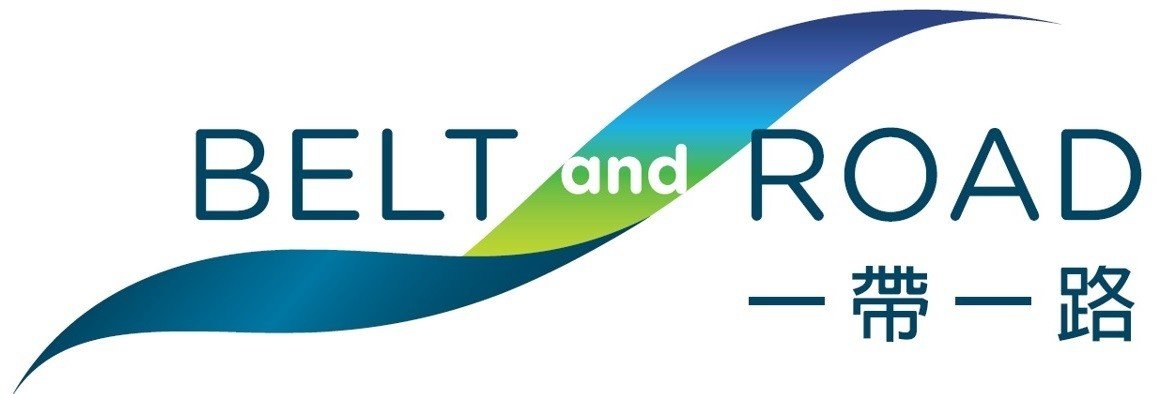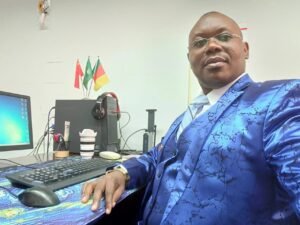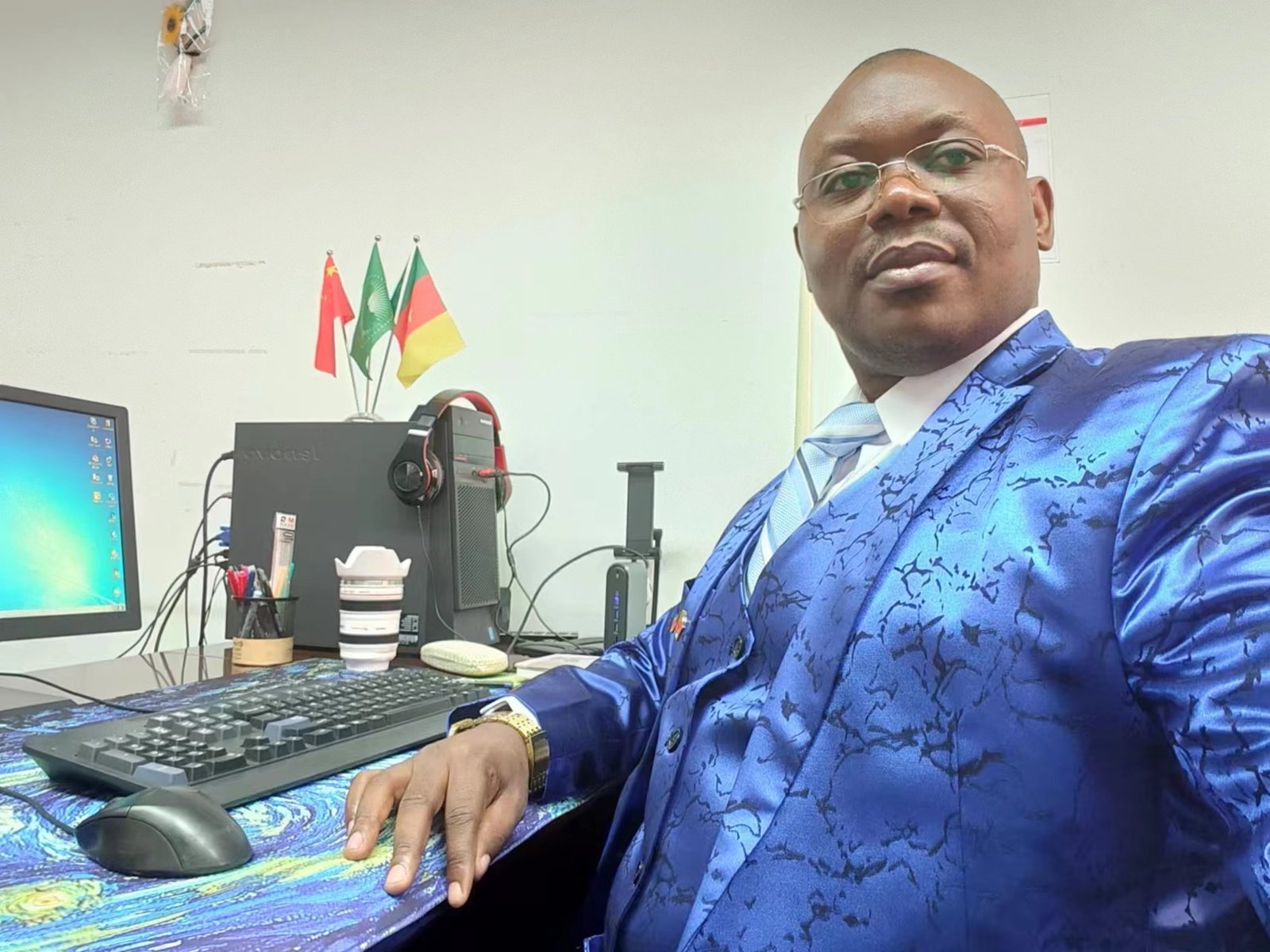
By SinAfricaNews March 11, 2023 0 Comments
Interview realized by Mr. GUO CONG, Journalist at China Radio International (CRI)


*Dr. TALING TENE RODRIGUE from CAMEROON
Deputy Director of the Center for Francophone Studies
Institute of African Studies, Zhejiang Normal University.
Email: drtaling@outlook.com
Personal blog: www.dr-taling.com
Join our global community of readers who seek to understand the evolving dynamics between China & Africa. Let's see the world from the Global South's perspective.
SINAFRICANEWS brings you a new narrative of our World from a Sino-African Perspective
SINAFRICANEWS 2026 © All Rights Reserved. Design & Developed by VW Themes
You must LOG IN first!
Javascript not detected. Javascript required for this site to function. Please enable it in your browser settings and refresh this page.

